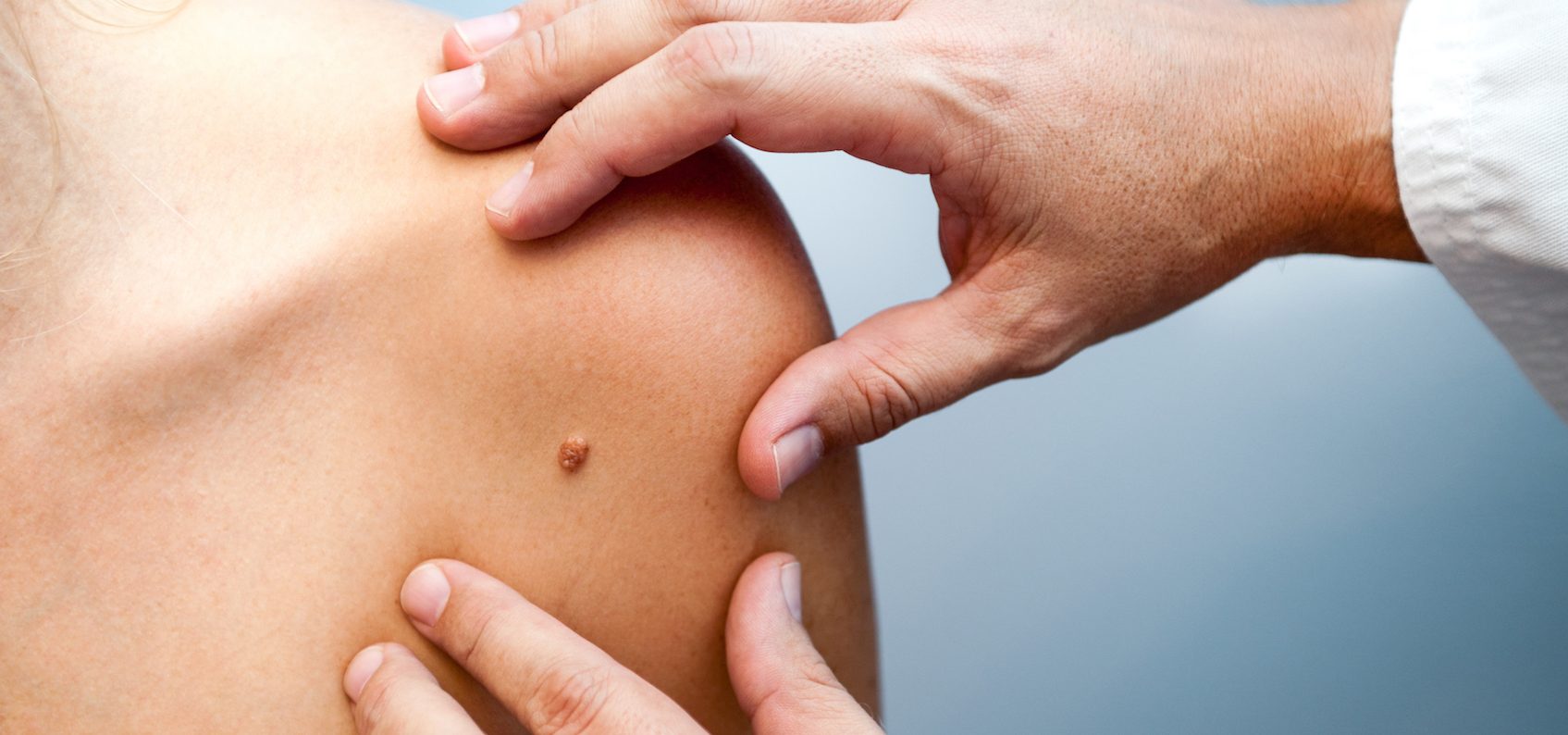“Skin cancer is very treatable if caught early, but there are some people whose risk of getting the disease is greater than others,” says Dr. Adam Mamelak, board certified dermatologist a Mohs Micrographic Surgeon at Sanova Dermatology.

You May Have Inherited Risks if
- you have red hair and freckles
- you have more than 50 moles on your body
- you have a family history of melanoma (the most dangerous type of skin cancer)
- you have genetic tendencies that make you sensitive the sun (e.g., your mother is sun-sensitive and so are you)
You May Have Environmental Risks if
- you get too much sun exposure (e.g., you work outside)
- you make frequent trips to a tanning salon
- you’ve had one or more sunburn that blistered
You May Have an Increased Personal Risk if
- you have actinic keratosis (a rough, scaly patch on your skin that develops from years of exposure to the sun)
- you have unusual moles
- you’ve been treated for skin cancer before
You May be at Risk if You’ve Had Past Medical treatments such as
- radiation treatment
- immunosuppressive treatment
- certain other cancer treatments (Let your doctor know what cancer treatments you’ve had.)
“If you identify with any of these high-risk criteria, you should have regular full-body cancer screenings by a dermatologist,” Dr. Mamelak urges. If you do, you’ll greatly increase your chances for a full recovery. Being “at risk” doesn’t guarantee that you’ll get skin cancer, but it does mean that a regular screening should be part of your overall healthcare strategy.
Even if you don’t recognize yourself in any of these groups of high-risk scenarios, you should always report the following to your doctor immediately:
- a sore that’s not healing
- any suspicious area on your skin
- any change in a mole or a freckle
A dermatologist is the health care professional best equipped to see for any unusual changes in your skin and for your first — or your annual — skin cancer screening. Skin cancer is on the rise, and according to a report by the Centers for Disease Control and Prevention, if they continue to rise at the current rate, there will be 112,000 new cases diagnosed by 2030.
Contact Us
In Austin, Texas and the surrounding communities, contact us at Sanova Dermatology for more information or to arrange an appointment for a skin cancer screening.
